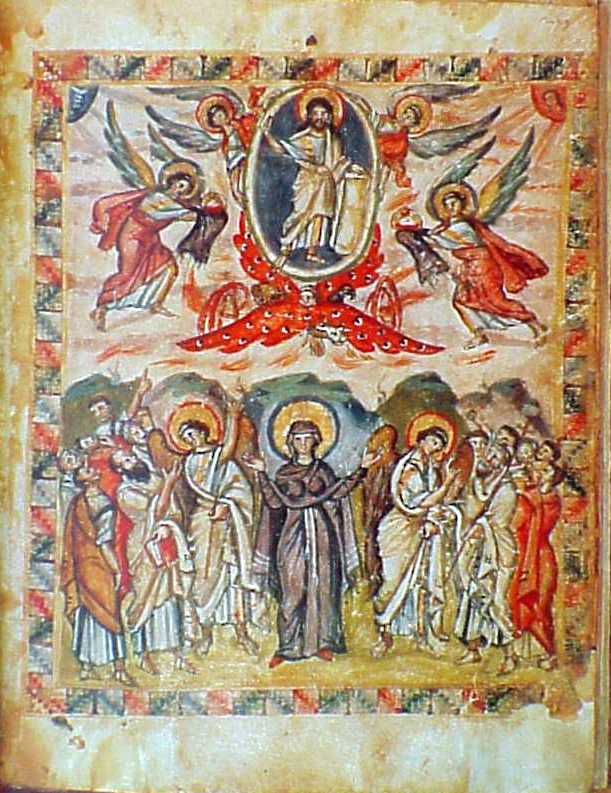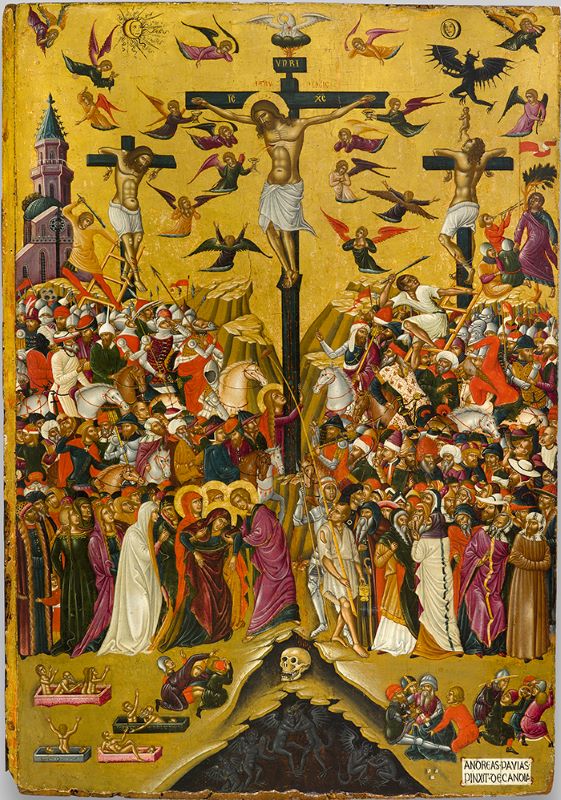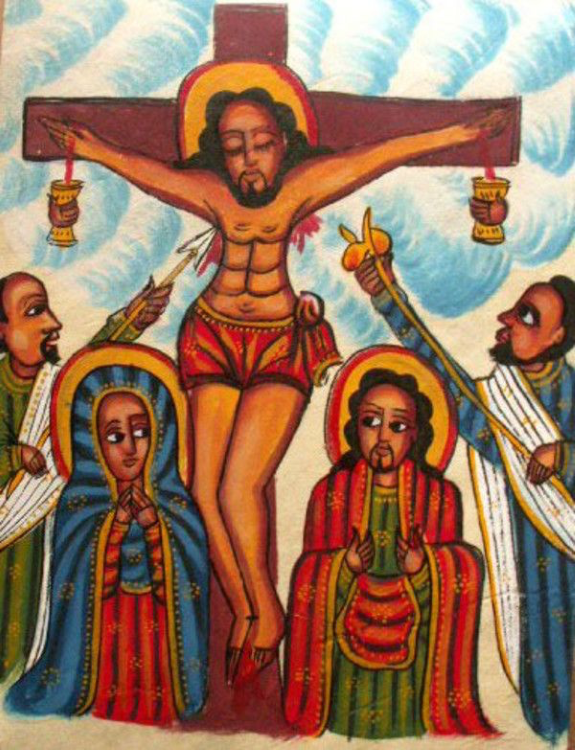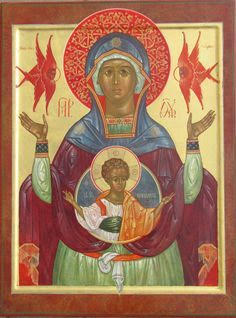Blog Posts

In her vivid description of the COVID pandemic’s brutal effects on the world’s people and societies, especially in India, her home, Arundhati Roy writes in "The pandemic is a portal": "Historically, pandemics have forced humans to break with the past and imagine their world anew. This one is no different. It is a portal, a gateway between one world and the next."
“It is finished”. John 19:30
The word “finished” here is translated from the Greek word telos which means accomplished, mission or goal achieved. After the Fall God sent us the Law, the Prophets and the inspired thing words of Scripture. Then he sent us his Son who brought us the good news, taught us how to live, and went on to destroy death.

From Holy Week 2020.
When I wrote my thesis for my MDiv degree at St. Vladimir’s I chose Holy Friday Vespers: the development of a new service and icon in the 11th-12th – 13th centuries. At this time of distancing during the Corona virus pandemic, I don’t know whether our churches will be open again, and whether we will be able to attend that most beautiful of Passion Liturgies. So, I decided to revisit my thesis and write a condensed blog about it.

“Father, into thy hands I commit my spirit.” John. (Luke 23: 46)
“Having said that he breathed his last.” A psalm again--Psalm 31:5--a cry reaching out to God from extreme pain and loss, ceding all will and power to God, “deliver me, Lord, my faithful God.”
The Psalm continues:
“My life is consumed by anguish and my years by groaning; / my strength fails because of my affliction, / and my bones grow weak.
Who but God will bring release, comfort, salvation, relief? And these words come from deep within Jesus’s soul, from deep in his history, from ancient Scripture.

“‘Eli, Eli, lema sabachthani?” That is ‘My God, my God, why have you forsaken me?” (Matthew 27:46b; see also Mark 15:34).
Jesus cries out in anguish, in Aramaic, the common language of the first-century Jewish community. It is an ancient cry from Psalm 22, speaking for a royal individual like King David or Queen Esther and speaks for the people of Israel, who suffered mightily under Egypt’s Pharoahs, during the Babylonian exile, and under Roman rule.
“My God, my God, why hast thou forsaken me? Why art thou so far from helping me, and from the words of my roaring? O my God, I cry in the daytime, but thou hearest not; and in the night season, and am not silent” (Psalm 22).



